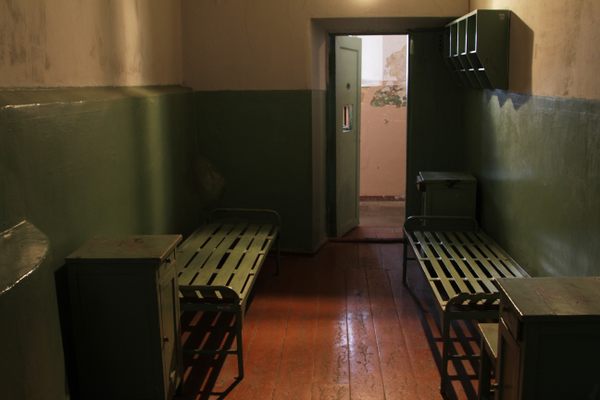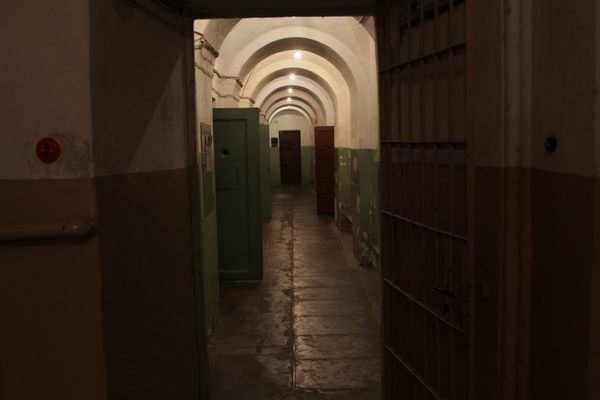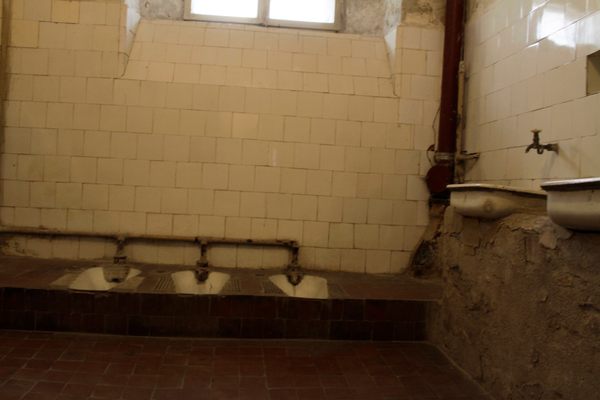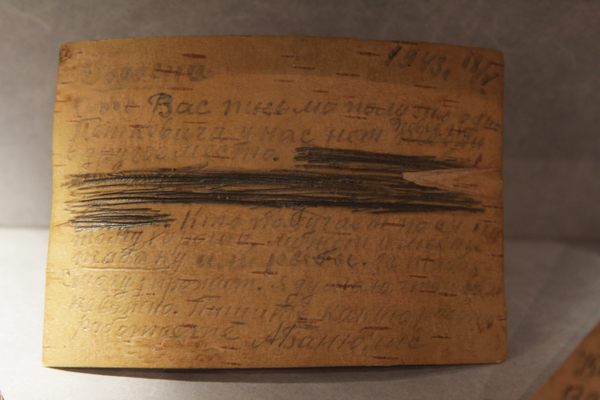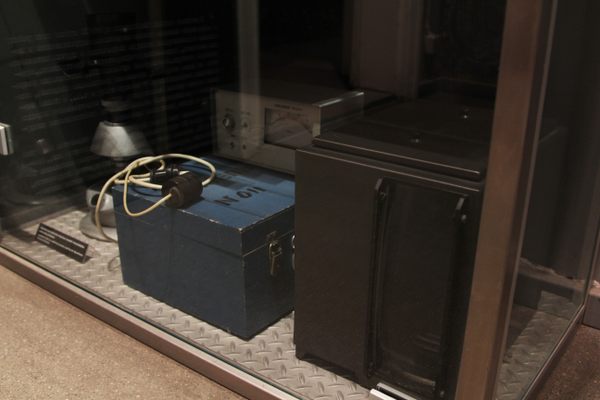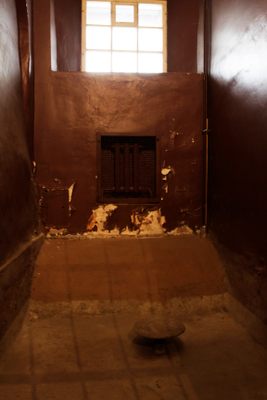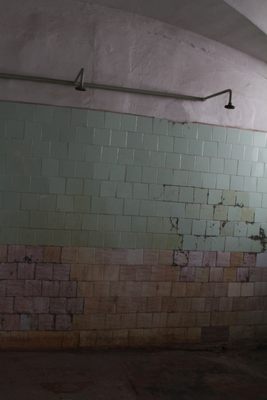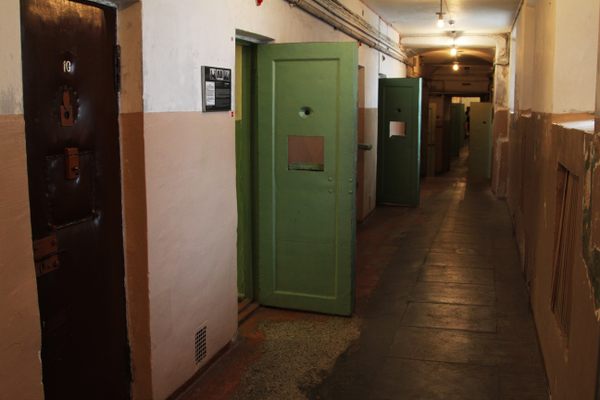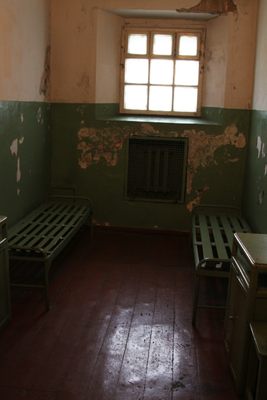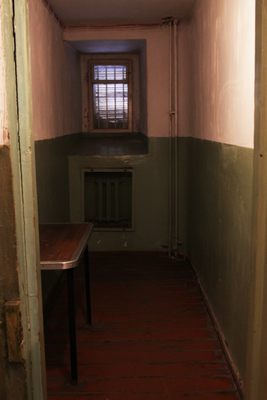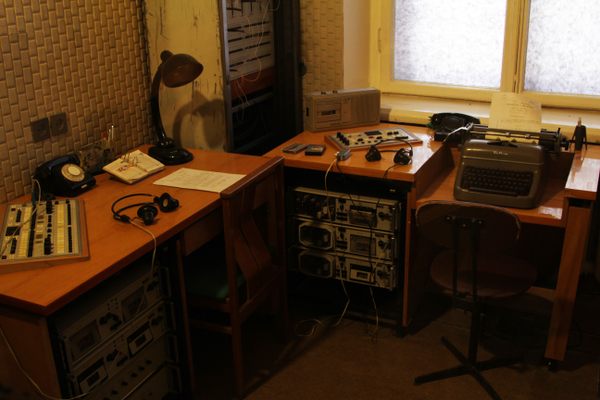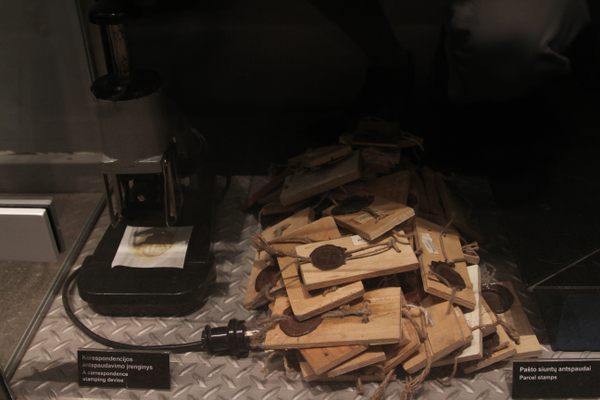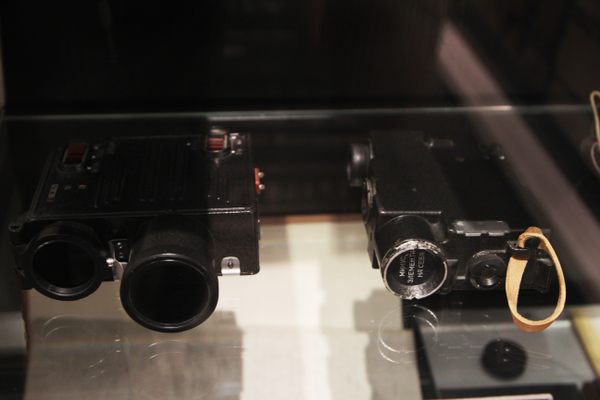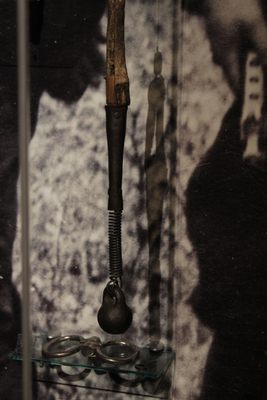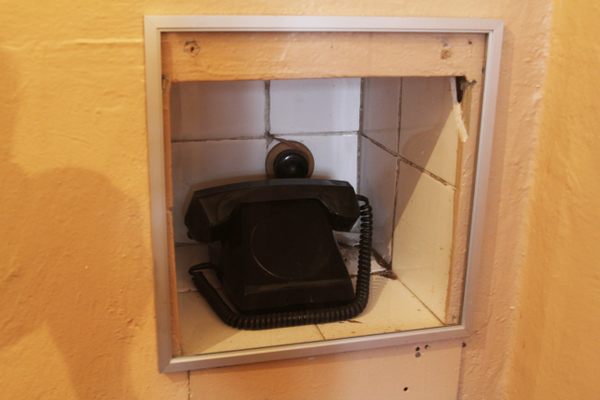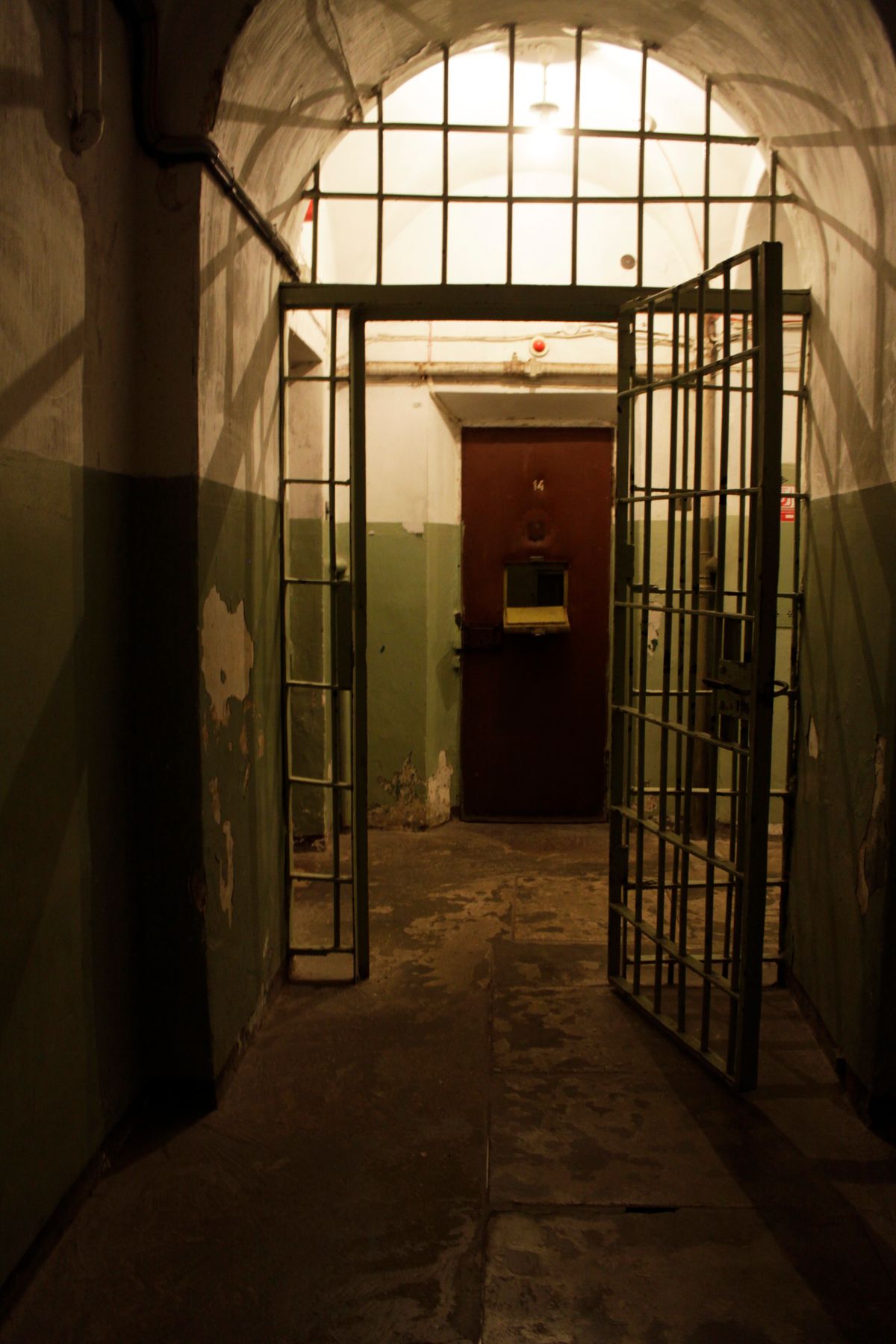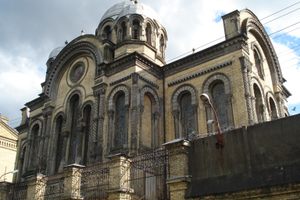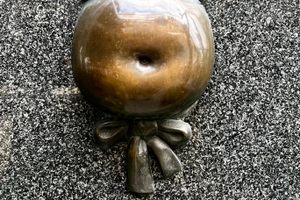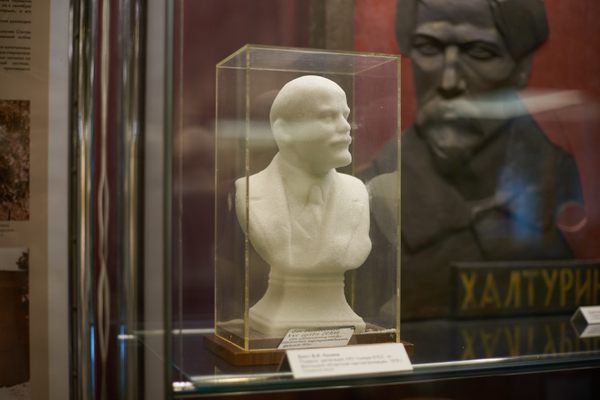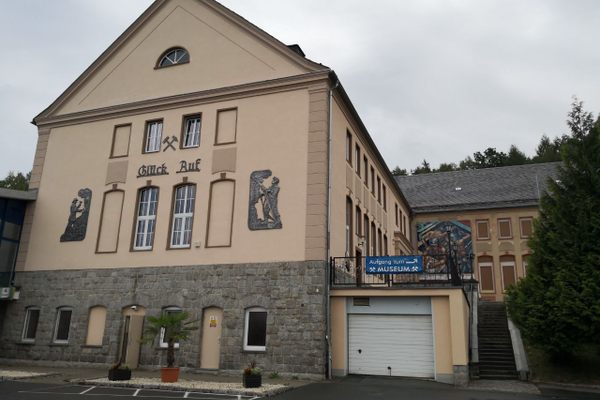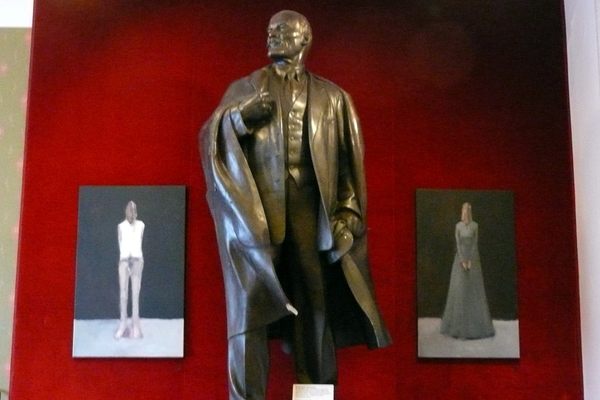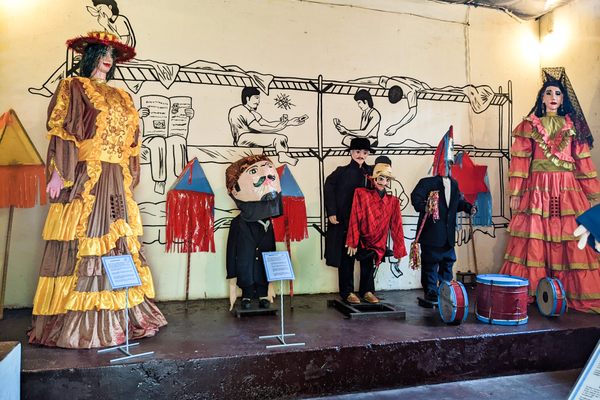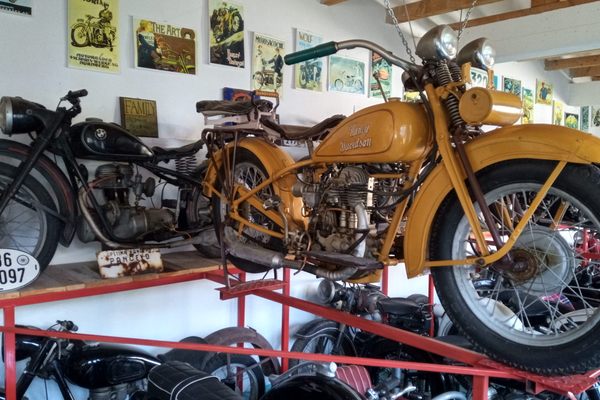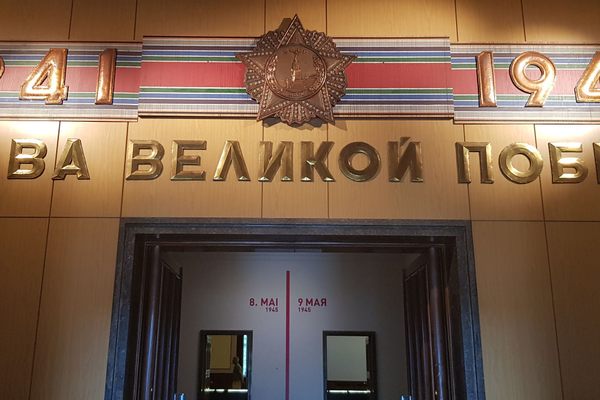About
Each country annexed by the Soviet Union was tightly controlled by the local Committee of State Security to prevent any kind of activity against the communist policies. These seemingly common buildings were used to persecute and torture those who were regarded as a threat to the government. Now, some of these former KGB headquarters serve as museums to tell the stories of those who suffered during this era in history.
You can learn about the sufferings of Lithuanian people in the Museum of Occupations and Freedom Fights (until 2018, known as the Museum of Genocide Victims). It's a somber, but important, reminder of the past.
Technically, the big building can be divided into three parts. The lower section includes cellar compartments used to keep, torture, and execute detainees. More than 1,000 prisoners were executed in this building, and most of the bodies were buried nearby.
The middle section of the building tells the stories of the resistance movement and deportations. It includes documents, photographs, and the personal belongings of people who were sent to prison camps in Siberia.
The upper part is basically its own little museum inside the larger museum. Surprisingly, the KGB itself had a small museum here to display the letters of commendations and honors employees could receive for their work, which is now displayed as part of the Museum of Occupations and Freedom Fights. There's also a selection of various technical appliances that were used to spy on people.
Related Tags
Know Before You Go
The standard entry fee is 6€ per adult. See its website for up-to-date opening hours and admission fees.
Published
February 11, 2019
